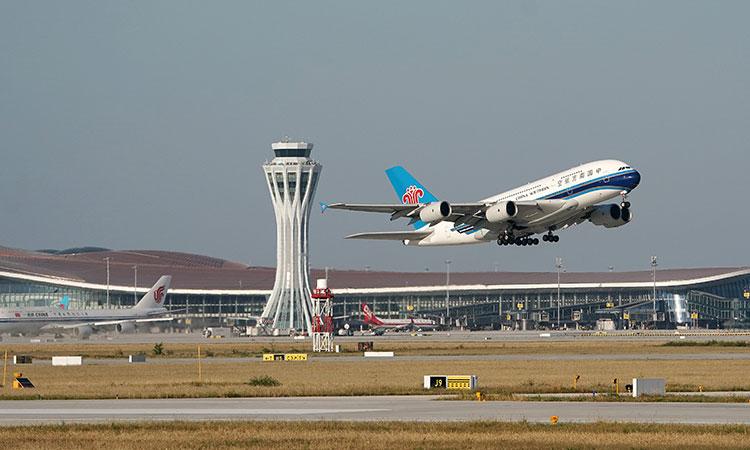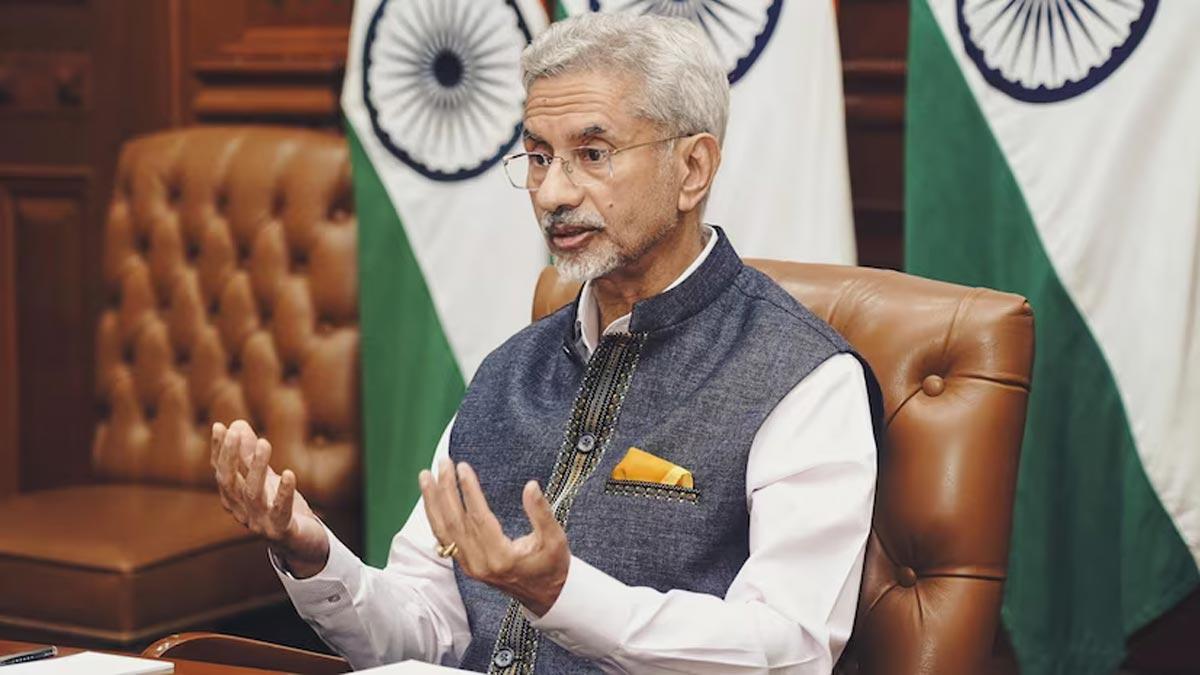Asia-Pacific region airlines saw their air cargo volumes decrease by 10.7 per cent in September 2022, compared to the same month in 2021.
Latest data by the International Air Transport Association (IATA) showed that airlines in the region continue to be impacted by the conflict in Ukraine, labour shortages, and lower levels of trade and manufacturing activity due to Omicron-related restrictions in China. It said that available capacity in the region increased by 2.8 per cent compared to 2021.
The IATA data for September 2022 global air cargo markets showed that air cargo demand softened. It said that global demand, measured in cargo tonne-kilometers (CTKs), fell 10.6 per cent compared to September 2021.
IATA said that following contractions across major economies, the global Purchasing Managers Index (PMI) for new export orders also contracted (for a third month in a row) to its lowest level in two years.
Also read | Indigo reports net loss of Rs 15,833 million in Q2 FY22-23
Latest global goods trade figures showed a 5.2 per cent expansion in August, a positive sign for the global economy. This is expected to primarily benefit maritime cargo, with a slight boost to air cargo as well, it said.
IATA said that oil prices remained stable in September and the jet fuel crack spread fell from a peak in June. The Consumer Price Index stabilized in G7 countries in September, but at a decade high of 7.7 per cent. Inflation in producer (input) prices slowed to 13.7 per cent in August.
"While air cargo's activity continues to track near to 2019 levels, volumes remain below 2021's exceptional performance as the industry faces some headwinds. At the consumer level, with travel restrictions lifting post-pandemic, people are likely to spend more on vacation travel and less on e-commerce. And at the macro-level, increasing recession warnings are likely to have a negative impact on the global flows of goods and services, balanced slightly by a stabilisation of oil prices. Against this backdrop, air cargo is bearing up well. And a strategic slow-down in capacity growth from 6.3 per cent in August to 2.4 per cent in September demonstrates the flexibility the industry has in adjusting to economic developments," IATA Director General Willie Walsh said.
The IATA represents 290 airlines comprising 83 per cent of global air traffic.


















